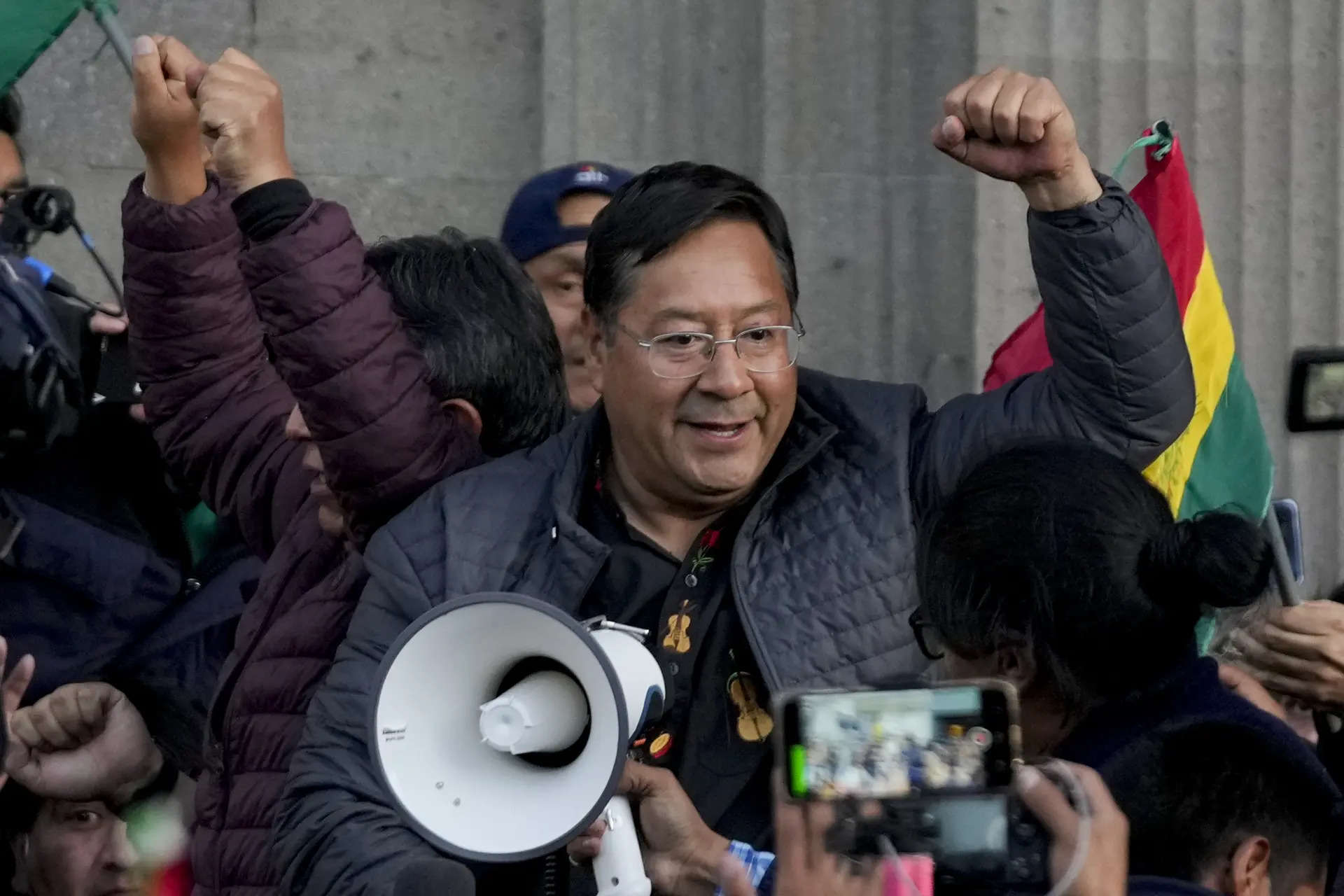Bolivian President Luis Arce on Thursday emphatically denied accusations that he orchestrated an attempted coup against his own government, labeling the claims as “lies.” The allegations came from General Juan José Zúñiga, who led the failed coup and claimed, without evidence, that Arce had ordered the mutiny to bolster his declining popularity.
The big picture
The big picture
- Arrests and charges: The government announced the arrest of 17 people involved in the
coup attempt , most of them military officers. Among those arrested were the army chief, General Zúñiga, and former Navy Vice Admiral Juan Arnez Salvador. They face charges of armed uprising and attacks against government infrastructure, with potential penalties of 15 years in prison or more. - Public reaction: The failed coup has sparked a mix of disbelief and speculation among Bolivians. “They are playing with the intelligence of the people, because nobody believes that it was a real coup,” said Evaristo Mamani, a 48-year-old lawyer. Some Bolivians believe Zúñiga’s allegations, while others see it as a desperate political maneuver.
- Government’s stance: Arce and his administration have strongly denied any involvement in the coup plot. “I am not a politician who is going to win popularity through the blood of the people,” Arce asserted on Thursday. The president claimed that the plot involved not only active military officers but also retired personnel and civilians, without providing further details.
Why it matters
- These accusations have intensified the political instability in Bolivia, a country already grappling with severe economic issues, including shortages of foreign currency and fuel.
- The situation highlights the fragile state of democracy in the Andean nation and the deepening rivalry between Arce and former President
Evo Morales .
Between the lines
- The failed coup underscores the ongoing power struggle between Arce and Morales, his former ally. Morales has staged a political comeback since his ouster in 2019 and has vowed to challenge Arce in the upcoming 2025 elections.
- The rivalry has further polarized the nation and complicated governance for Arce, whose administration is already under pressure due to economic hardships and internal party conflicts.
What they’re saying
- Government officials: Senior Cabinet member Eduardo del Castillo said that among the arrested was civilian Aníbal Aguilar Gómez, identified as a key “ideologue” of the coup. He mentioned that the alleged conspirators began plotting in May.
- International Reactions: Speaking in Paraguay, US Deputy Secretary of State Rich Verma condemned Zúñiga’s actions, stating that “democracy remains fragile in our hemisphere.”
- Experts’ views: “What we saw is extremely unusual for coup d’etats in Latin America, and it raises red flags,” said Diego von Vacano, a political expert at Texas A&M University. He noted that Arce’s handling of the situation turned him into a symbol of democracy’s defense.
What next
- Political support: Arce’s supporters rallied outside the presidential palace on Thursday, chanting, “Lucho, you are not alone!” This public show of support has provided some political breathing room for the embattled leader.
- Further investigations: Authorities continue to make arrests related to the coup attempt. Defense Minister Edmundo Novillo revealed that the roots of the coup lay in a private meeting where Arce dismissed Zúñiga over threats to arrest Morales if he proceeded to run in the 2025 elections.
- Future implications: Analysts suggest that the coup attempt, although failed, might temporarily boost Arce’s image amidst the economic crisis. However, it does not resolve the underlying issues. “Yesterday’s military move is going to help his image a bit, but it’s no solution,” said political analyst Paul Coca.
(With inputs from agencies)






